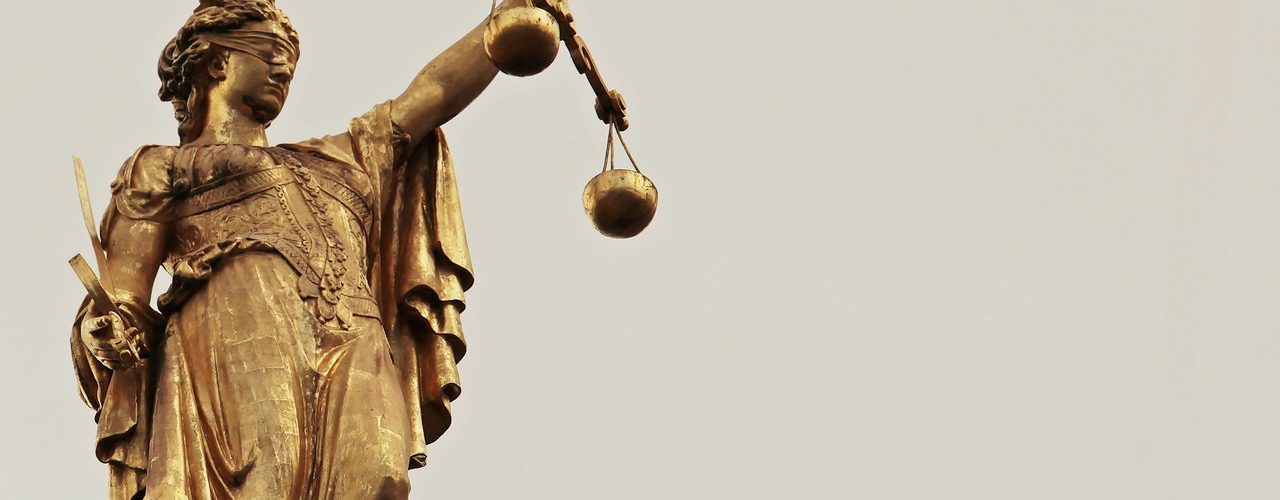The ECJ has released the questions in the case C-596/21 (Finanzamt M).
Article in the EU VAT Directive
Articles 14(2)(c), 167, 168(a) of the EU VAT Directive 2006/112/EC.
Article 14 (Taxable transaction – Supply of goods)
1. “Supply of goods” shall mean the transfer of the right to dispose of tangible property as owner.
2. In addition to the transaction referred to in paragraph 1, each of the following shall be regarded as a supply of goods:
(c) the transfer of goods pursuant to a contract under which commission is payable on purchase or sale.
Article 167 (Origin and Scope of Right of Deduction)
A right of deduction shall arise at the time the deductible tax becomes chargeable.
Article 168 (Origin and Scope of Right of Deduction)
In so far as the goods and services are used for the purposes of the taxed transactions of a taxable person, the taxable person shall be entitled, in the Member State in which he carries
out these transactions, to deduct the following from the VAT which he is liable to pay:
(a) the VAT due or paid in that Member State in respect of supplies to him of goods or services, carried out or to be carried out by another taxable person;
Facts
- In 2011, the applicant, a trader, purchased a used car for his business from C, who was claiming to be W and had purchased the car from a third party in a previous year. W was aware that C was claiming to be him and agreed to it. C issued an invoice in the name of W for the supply of the used car for EUR 52 100.84 plus EUR 9 899.16 VAT, and W issued an invoice in the name of the applicant for EUR 64 705.88 plus EUR 12 294.12 VAT and passed that invoice on to C, who presented it to the applicant. The applicant paid a total of EUR 77 000 to C, who kept it for himself. C only accounted for a sale price of EUR 52 100.84 plus EUR 9 899.16 VAT in his accounts and tax returns and also only paid tax in the resulting amount. W did not record the transaction in either his accounts or his tax returns and did not pay any tax in that regard.
- The applicant claims input VAT of EUR 12 294.12 in respect of the purchase of the used car. By contrast, the defendant takes the view that the applicant should not be permitted to deduct any input VAT because he should have been aware of C’s tax fraud.
- On the basis of the case file and the outcome of the hearing, the referring court proceeds on the assumption that, in the circumstances of the specific case, the applicant would have been obliged to ascertain the identity of his business partner because of a number of anomalies and would then have found, on the one hand, that C had deliberately concealed his identity, which could have no other purpose than to evade VAT arising from the sale of the used car, and, on the other hand, that W was indifferent to his tax obligations and was unwilling to comply with them in the required manner.
Questions
- Can the second purchaser of a good be refused the right of deduction in respect of the purchase because he or she should have known that the original seller had evaded value added tax (VAT) in the first sale, even though the first purchaser had known that the original seller had evaded VAT in the first sale?
- If Question 1 is answered in the affirmative, is the refusal of the right of deduction in the case of the second purchaser limited in terms of amount to the shortfall in tax revenue caused by the evasion?
- If Question 2 is answered in the affirmative, is the shortfall in tax revenue calculated
a. by comparing the tax lawfully payable in the supply chain with the tax actually assessed,
b. by comparing the tax lawfully payable in the supplychain with the tax actually paid, or
c. in another way, and, if so, what way?
Source: Curia
Similar ECJ cases
- C-285/09: paragraph 52, concerning the refusal to grant a tax exemption on intra-community supplies) and to preserve the public exchequer’s rights
- Joined Cases C-80/11 and C-142/11
- Unitel, C-653/18,
- Finanzamt Wilmersdorf, C-108/20















